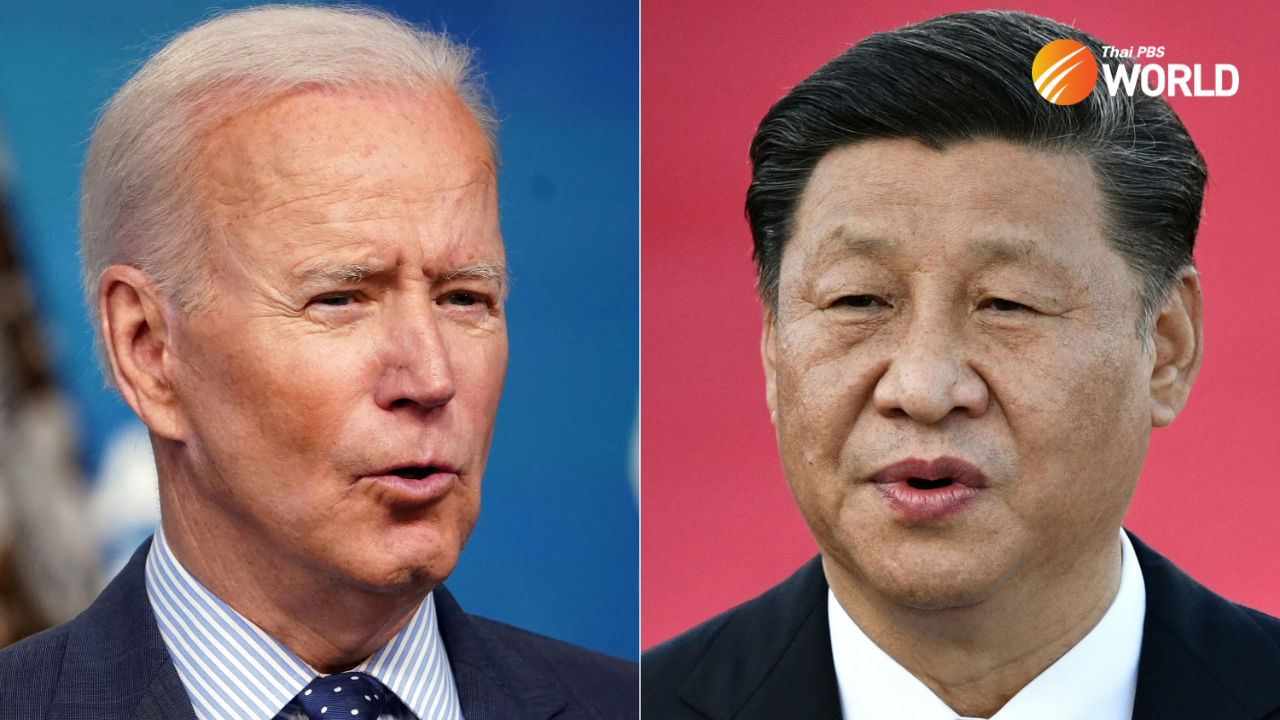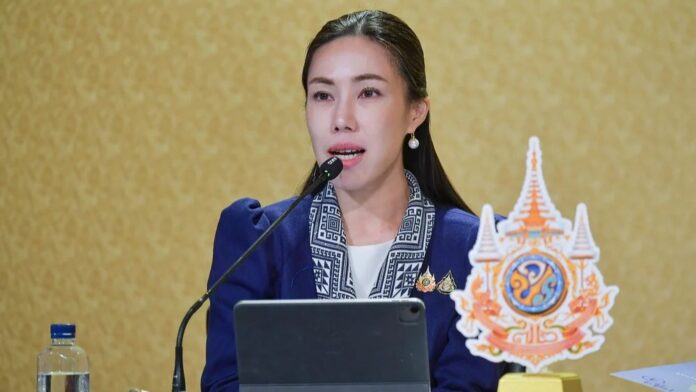
Bangkok is a suitable venue for the first face-to-face talks between US President Joe Biden and Chinese President Xi Jinping later this year. The Prayut Government should approach both governments about the country's readiness to host their historic meeting. After all Thailand, which is the chair of the APEC 2022 leaders' Meeting on 18th & 19thNovember, also has excellent ties with both countries. It is a neutral and safe zone in which to reconcile and cooperate.
The prospect of physical meeting between the two leaders arises out of their latest telephone conversation. Although there was no break-though, it had the immediate effect of cooling the toxic rhetoric emanating from two of the world's most powerful countries. During their more than two-hour conversation the two presidents covered a whole range of issues, which still need to be ironed out in coming dialogue sessions.
What was reassuring was the US confirmation of the 'One China' policy, which has been the pillar of Washington's ties with Beijing since the Shanghai communique. Other countries with diplomatic ties with China also respect this principle. Although the proposed visit of Nancy Pelosi, the US House Speaker, to Taiwan was not on the agenda, the call indicated that the US would be abiding by the 'One China' principle. Indeed, given the straining ties, any comment or action that could politicise or poison the bilateral diplomatic atmosphere should be avoided.
At this juncture, global security is very fragile and the ongoing war between Russia and Ukraine seems likely to continue and further destabilise the global system as we know it. Suitable China-US ties are an imperative for the post-COVID-19 pandemic economic recovery around the world. China's economy will remain the prime mover, as it remains the top trading partner with a large majority of nations.
There are, however, two caveats. First, both China and the US are facing domestic challenges, which will have direct repercussions on their current leadership. China is currently preparing for its 20th Party Congress, which will reaffirm Xi's third-term as leader. Although the exact date has not yet been announced, it is expected to be held in the last quarter of this year. Any disruption must be avoided.
In the US, the mid-term elections are scheduled on November 8th and they will determine the future of the Biden administration. Even with the predictions of poll defeats, Biden is trying to drum up electoral support with his anti-inflation measures. After all, it will be the economic conditions that will decide the winner.
The second caveat is, with pressing domestic issues, both sides should avoid rocking the boat. Fortunately, over the past years, both superpowers have been able to weather their stormy relationship.
It is interesting to note that the American media has not done a good job in promoting a better understanding of the current state of affairs for the American people. Extreme views have been expressed by mainstream media regarding the US-China ties, especially the broadcasters, who rely on their oratory skills rather than facts and knowledge.
American society is free and open. Therefore, it is necessary that free media disseminate facts. Obviously, differing views are common and should be respected. Extreme commentary, calling for hostile action must, however, be avoided.
At this juncture, US-Russia ties are at their weakest. In the case of China-US ties, if their relations deteriorate, there could be direct conflicts, which could lead to disastrous results. Therefore, their proposed face-to-face talks are a must. There are ample opportunities for the two leaders to meet, as they are scheduled to attend three different summits being held separately in Phnom Penh, Bali and Bangkok in November.
Thailand must be ready to play host to the Biden-Xi talks, if need be.
by Kavi CHONGKITTAVORN




















